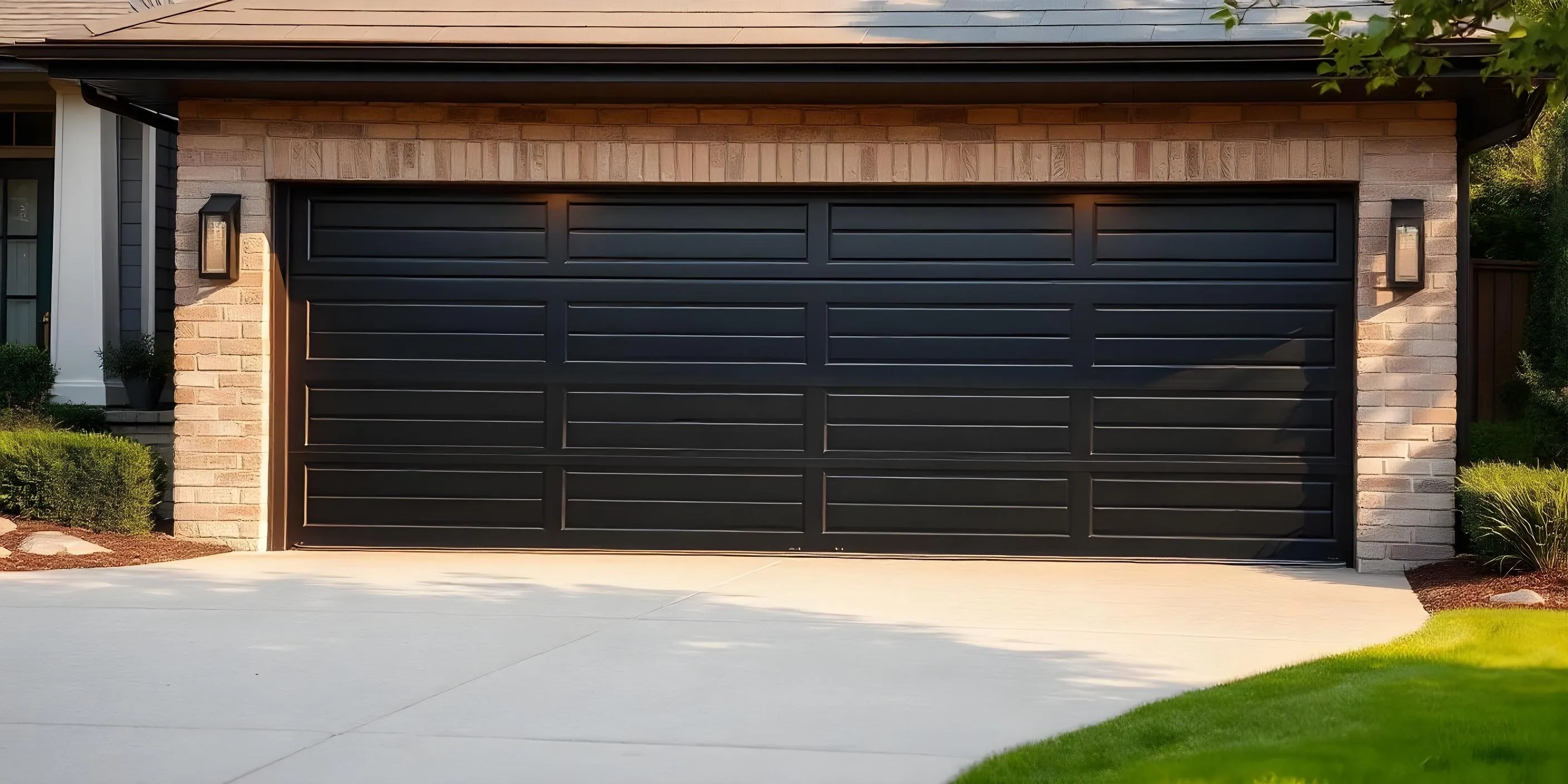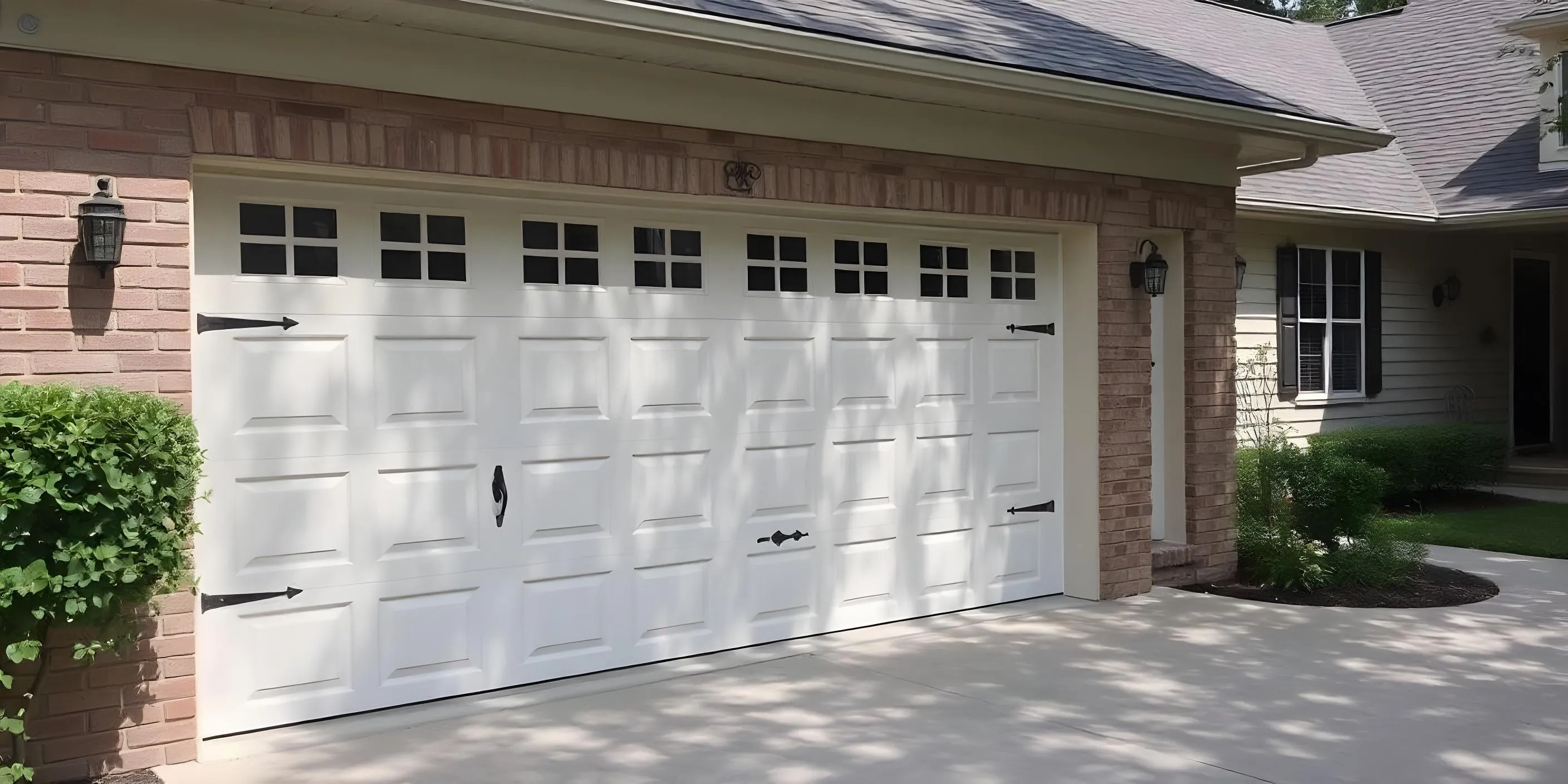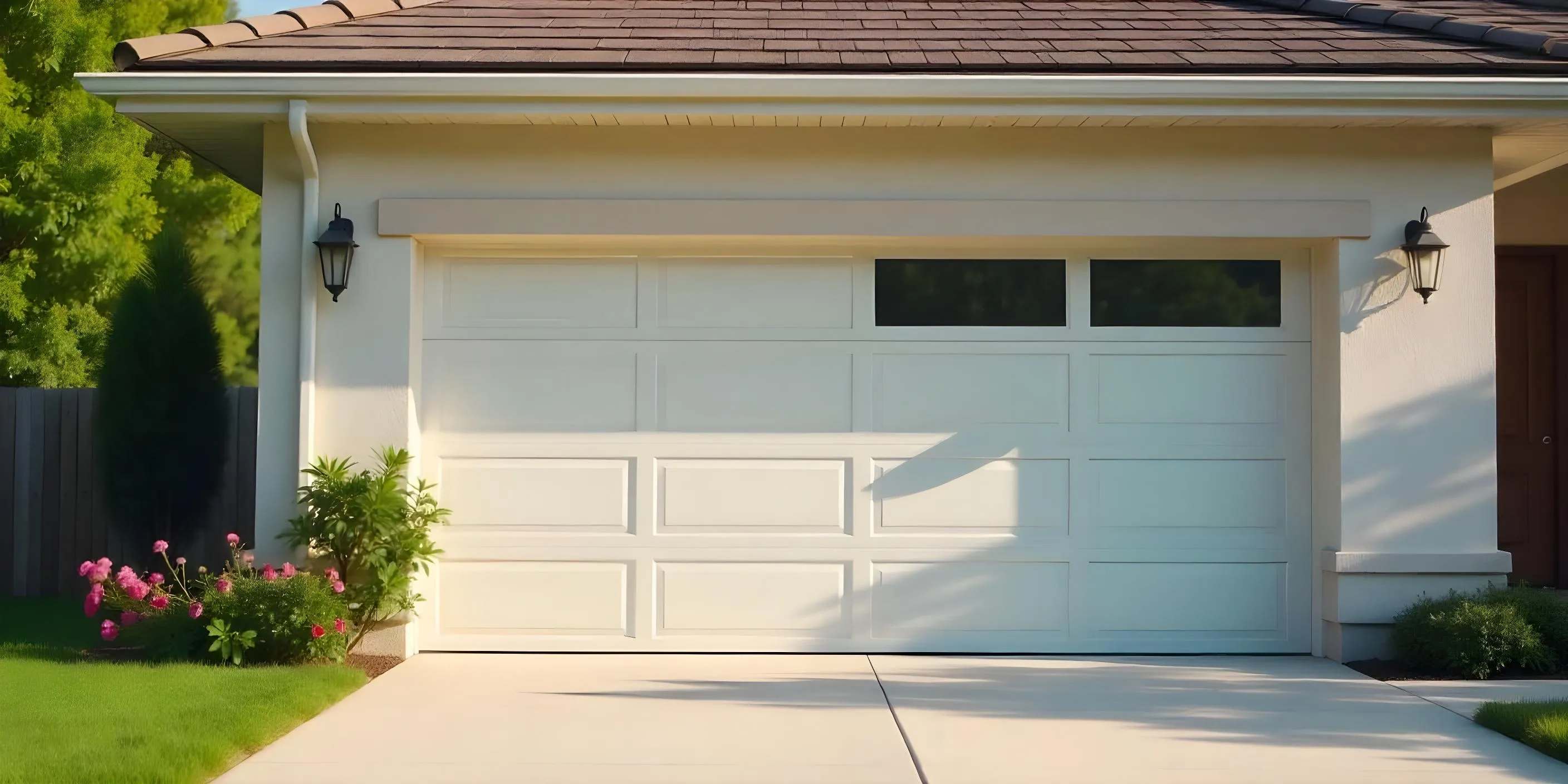Insulated vs. Uninsulated Garage Doors: Which Option Offers the Best Value for Your Home?
Published: Dec 26, 2024
Are you tired of walking into a freezing garage in the winter or a stifling one in the summer? Or maybe you’re looking to upgrade your garage to enhance your home’s appearance. The right garage door can make a big difference in both comfort and style. Generally, garage doors come in a range of designs and features, but one of the most challenging decisions homeowners face is choosing between an insulated or uninsulated door. This decision directly impacts comfort, energy efficiency, and utility bills. In this article, we’ll explore both options, highlighting their benefits and drawbacks to help you decide which is best for your home.
Ready to upgrade your garage door? The easiest way to get the job done quickly and safely is by hiring a trusted garage door contractor. Contact Up & Down Garage Doors today for expert advice and professional service. We’ll make sure your new garage door perfectly suits your home and lifestyle.
Insulated Garage Doors: The Benefits and Trade-offs
What Are the Benefits of Insulated Garage Doors?

- Noise Reduction: Insulated garage doors are great at reducing noise. Whether your garage is attached to the house or you live in a busy neighborhood, this added quiet can make a big difference. No more loud banging sounds every time the door opens or closes!
- Durability: Insulated doors are built to handle wear and tear. Their tough, multi-layer design makes them more resistant to weather damage and everyday usage. They will hold up better over time, meaning fewer repairs and a longer lifespan.
- Comfort: Whether your garage is used as a home gym, workshop, or storage, insulation helps maintain a more stable temperature, making it a comfortable and functional space all year round.
What Are the Trade-offs of Insulated Garage Doors?
- Cost: Insulated garage doors typically come with a higher upfront cost than non-insulated ones. It’s important to understand whether the added comfort, energy savings, and durability justify the expense based on your specific needs.
- Weight: Due to their heavier construction, insulated doors may put additional strain on your garage door opener. Most modern systems can handle the extra weight, but it’s worth confirming that your current opener is compatible or considering an upgrade if necessary.
- Not Always Necessary: In regions with consistently mild climates, the benefits of insulation might not be as noticeable. For homeowners in these areas, a standard, non-insulated door could be a more cost-effective and practical choice.

Non-Insulated Garage Doors: Simplicity and Affordability
What Are the Benefits of Non-Insulated Garage Doors?

- Affordability: Non-insulated garage doors are one of the most affordable options on the market. If you do not need extra insulation, these doors let you keep things simple while saving money.
- Lightweight Construction: Thanks to their single-layer design, non-insulated doors are lightweight and easier to operate. This not only makes them more manageable but also puts less strain on your garage door opener, which might help it last longer.
- Simplicity: Sometimes, less is more. Non-insulated doors are perfect if you’re looking for a no-frills solution. They work especially well for detached garages or spaces where insulation isn’t really a concern.
Limitations of Non-Insulated Garage Doors
- They Don’t Help with Temperature Control: Non-insulated doors don’t do much to keep out the heat or cold. If your garage is attached to your home, you might notice more heat loss in the winter and extra warmth in the summer. Over time, this could affect your energy bills, especially in extreme climates.
- They Can Be Noisy: Without insulation, non-insulated garage doors tend to make more noise when opening or closing. If your garage is near a bedroom, living room, or any other quiet space, the sound might become something to think about.
- They’re Less Durable: Non-insulated doors typically have a single-layer design, which makes them lighter but also more prone to dents and wear. If you live in an area with harsh weather or heavy use, they might not hold up as well over time.

Answer These Questions to Determine The Best Garage Door For Your Home
- Do you use your garage as a workspace, storage area, or home gym?
- Is your garage attached to your home?
- Does it get too hot in the summer or too cold in the winter?
- Are you planning to sell your home in the next 3–5 years?
- Is curb appeal important to you?
Summing up
You may also like


